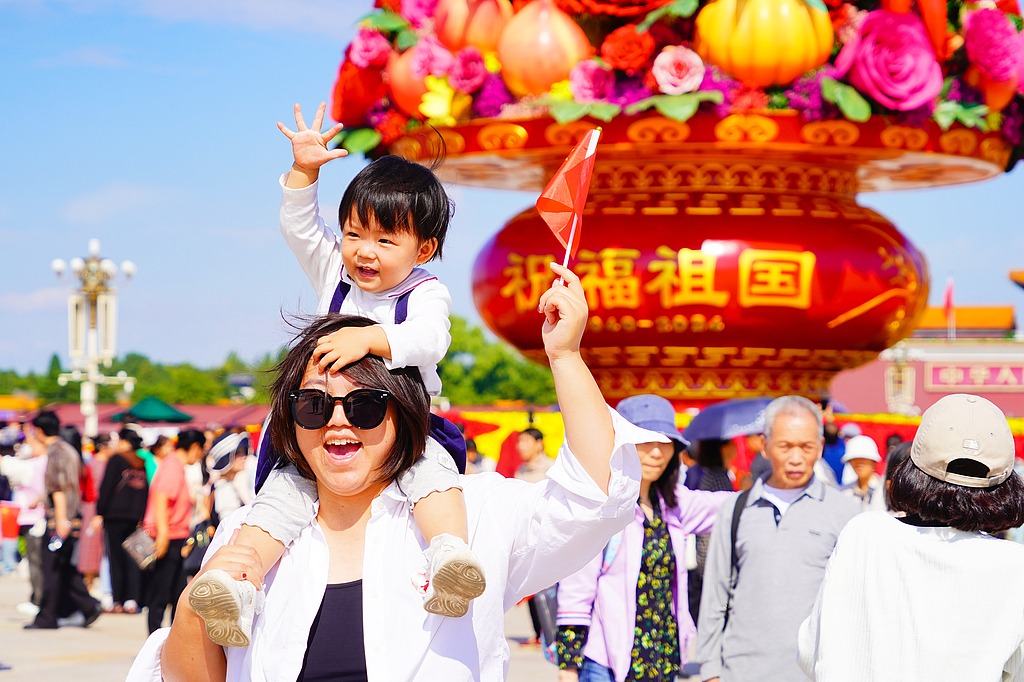NE China's specialty a gamechanger for local folks


Huanren county in Liaoning province, a gem in the rugged landscape of Northeast China, shines brightly thanks to its thriving ginseng industry. My journey here, to explore the secrets behind this burgeoning niche business, led me to an unforgettable story — that of an entrepreneur from the Hong Kong Special Administrative Region named Chen Ruoqing.
Over a decade ago, Chen made the bold decision to leave the bustling metropolis of Hong Kong, venturing thousands of miles to the unique and captivating lands of the northeast. During our interview, this accomplished entrepreneur spoke with a quiet resolve that belied the intensity of her mission.
Chen told me that her sole objective is to convey the distinct allure and invaluable worth of forest-grown ginseng to the world, ensuring that more people will recognize the unique charm and value of Huanren's ginseng industry. Though her voice was gentle, it was imbued with a steely determination, and this blend of passion and persistence has allowed her to carve out a new life and business in this distant land.
Here in Huanren, dubbed the "home of Chinese ginseng", I have witnessed the solid foundation of an industry that is bringing new opportunities to traditional Chinese medicine. The county boasts a fully integrated industrial chain, where the fusion of the three major sectors — cultivation, processing and distribution — has transformed the medicinal herb into a cornerstone of local prosperity.
Huanren's vast forested areas, ideal for the cultivation of forest-grown ginseng, have turned this humble plant into a major industry that is lifting the local population into wider prosperity, turning the small county into a new trade hub of vigorous business vitality.
We also visited local processing companies, where the synergy between modern techniques and traditional craftsmanship was on full display. Despite the challenges, these enterprises continue to push boundaries, all while laying out plans for future development. The county government has also provided clear and robust policy support for the industry's sustainable growth, ensuring that Huanren's ginseng sector remains on a path of high-quality development.
Liu Minggang, Party secretary of Huanren, shared with us the future plans for strengthening the sector. Liu emphasized the need to enhance quality and efficiency across the entire production chain, increase investments in technological innovation and develop high-value-added products. Furthermore, he said there are also ongoing efforts to integrate cultural tourism with the TCM industry, as well as to expand into both domestic and international markets.
Our journey, however, was not without a few challenges. A sudden typhoon brought torrential rains, turning the forest trails into muddy passages. The conditions were so difficult that we even considered abandoning the assignment. Yet, the responsibility of sharing this intriguing development story rekindled our determination. After the storm passed, our team rallied together and coordinated our efforts once again to ensure the completion of the task.
The local government also provided tremendous support throughout our visit. From the very beginning, they actively coordinated resources, provided us with accurate information and data, and arranged our itinerary, ensuring that our interviews were conducted efficiently and effectively. Their commitment to advancing the ginseng industry was evident, and it left us with a deep appreciation of their dedication.
This assignment has been incredibly rewarding — not only did we gain a deep understanding of the ginseng sector, but we also reaffirmed our commitment to sharing the stories of other standout industries with the world. The ginseng sector in Huanren is a microcosm of the broader development of TCM. Through our reporting, we aim to showcase to the world how a small root has grown into a major industry, and how China's unique regional resources and cultural heritage are going to amaze the rest of the world.




































